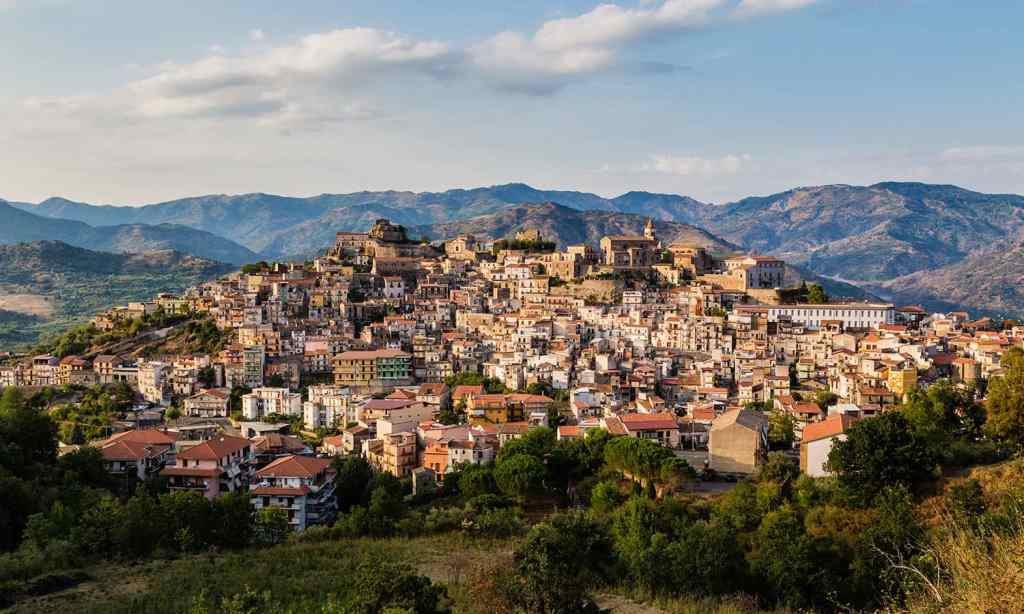Italy’s €1 homes scheme first made headlines in 2018, and some three years later, the initiative is more popular than ever. A number of once-dilapidated homes have been restored by new global owners, bringing new life to ageing tows all around the country. And every other week, another Italian town is announced as the next village to list its unoccupied homes for sale after seeing first-hand the positive impacts on the local population.
But despite the popularity and success of the initiative, experts can’t help but wonder if the scheme’s days are numbered. Demand has not dropped as global dreamers continue to renovate their future holiday homes (we spoke to someone who actually did it here!) but it’s very possible the pool of homes available could dwindle. And it’s all thanks to the COVID-19 pandemic.
You see, these abandoned homes become available due to the ageing population in Italy’s more remote districts. When the elderly pass on, there is no family to assume the deed to the homes because of a trend that sees young people flee these towns after coming of age in pursuit of a city lifestyle.
But when the pandemic struck, and as the world witnessed, Italy’s cities became most affected, a number of young people returned home to the small towns they grew up in.
As CNN Travel explains in its investigative piece on this trend: “All over the world in 2020, people were reassessing their lives, and many were moving away from cities to the countryside. In Italy, that culminated in a mini reversal of the exodus from countryside to city that has been going on since the postwar period.
“Suddenly, with the arrival of remote working, setting up home in one of Italy’s “borghi” — small, rural, and usually inaccessible towns — was possible.”
Speaking to the publication, Ornella Ancona — a 28-year-old former resident of Cammarata in Sicily, who left a decade ago to study and live in the UK — said: “The pandemic radically changed the view we had of life — it made me want to come back to Sicily for a bit.”
“I came back wanting to reconnect to the land I came from, and to its people. The peacefulness of this place, and the genuine affection of the people have been the best possible remedy after such a complex year. Cammarata represents my home, my roots, but also a place unchanged by time, with traditions that have never changed.”
The return of the town’s young population doesn’t spell the end of Italy’s €1 homes, but it may mean a bit of a shake-up to the way people buy them. Rather than 100 decrepit homes that are available on a first-come, first-served basis, it may mean fewer homes are listed, and that the process to nab one could become a little more competitive and personal, taking into account an applicant’s reasons for wanting to buy.
Townspeople don’t just want foreigners to buy their homes, do them up, and visit for only six weeks in a year; they want buyers to make their towns their permanent homes, raise families in the villages, and contribute to the evolving culture and traditions of the community.
As such, there’s talk of a quiz or interview system being introduced, at least that’s the plan in Cammarata, Sicily. A collection of young volunteers have created a new platform called StreetTo — it serves as a hub that showcases the €1 homes available, but also allows for people to interact with the locals.
Read more stories from The Latch and subscribe to our email newsletter.







